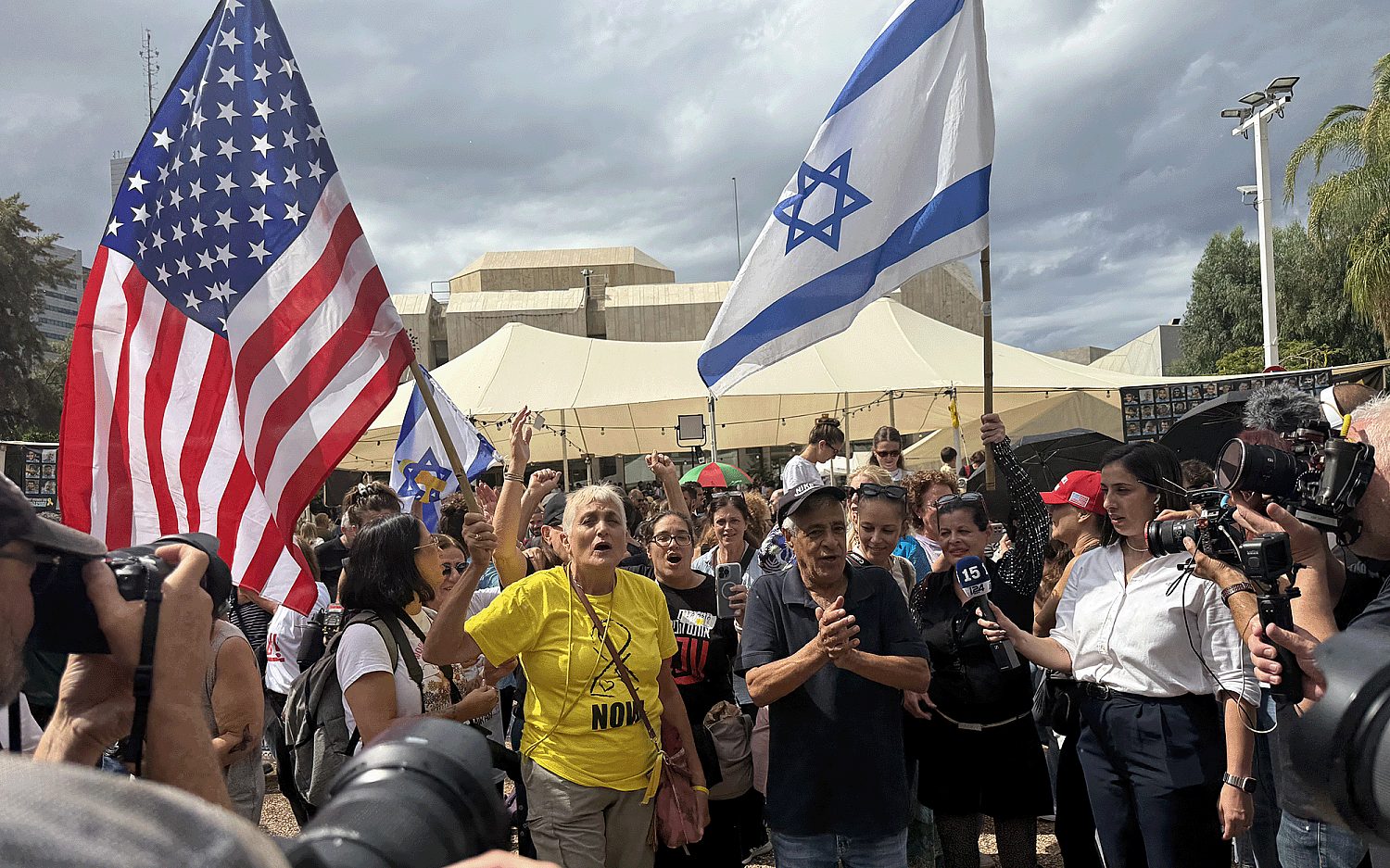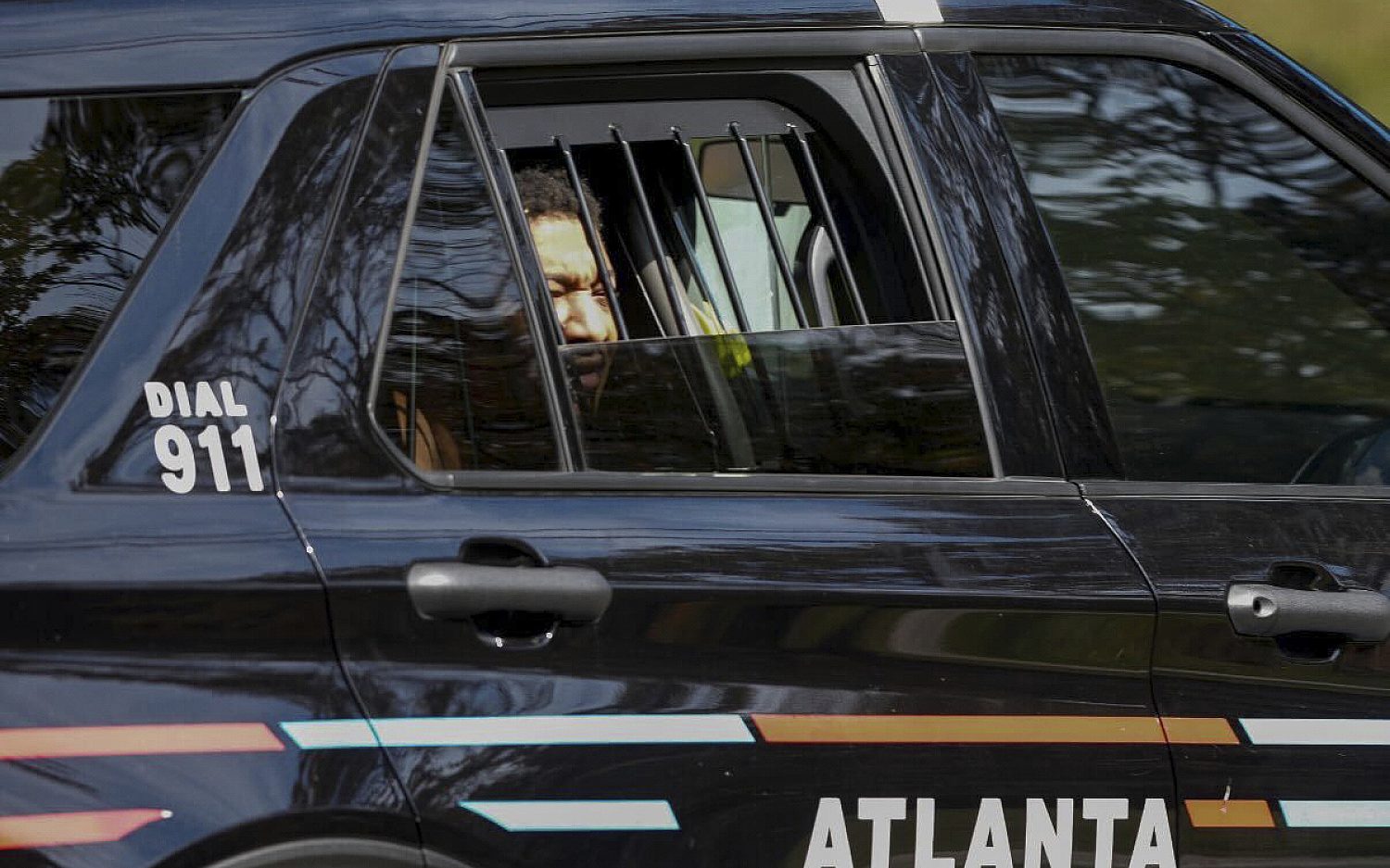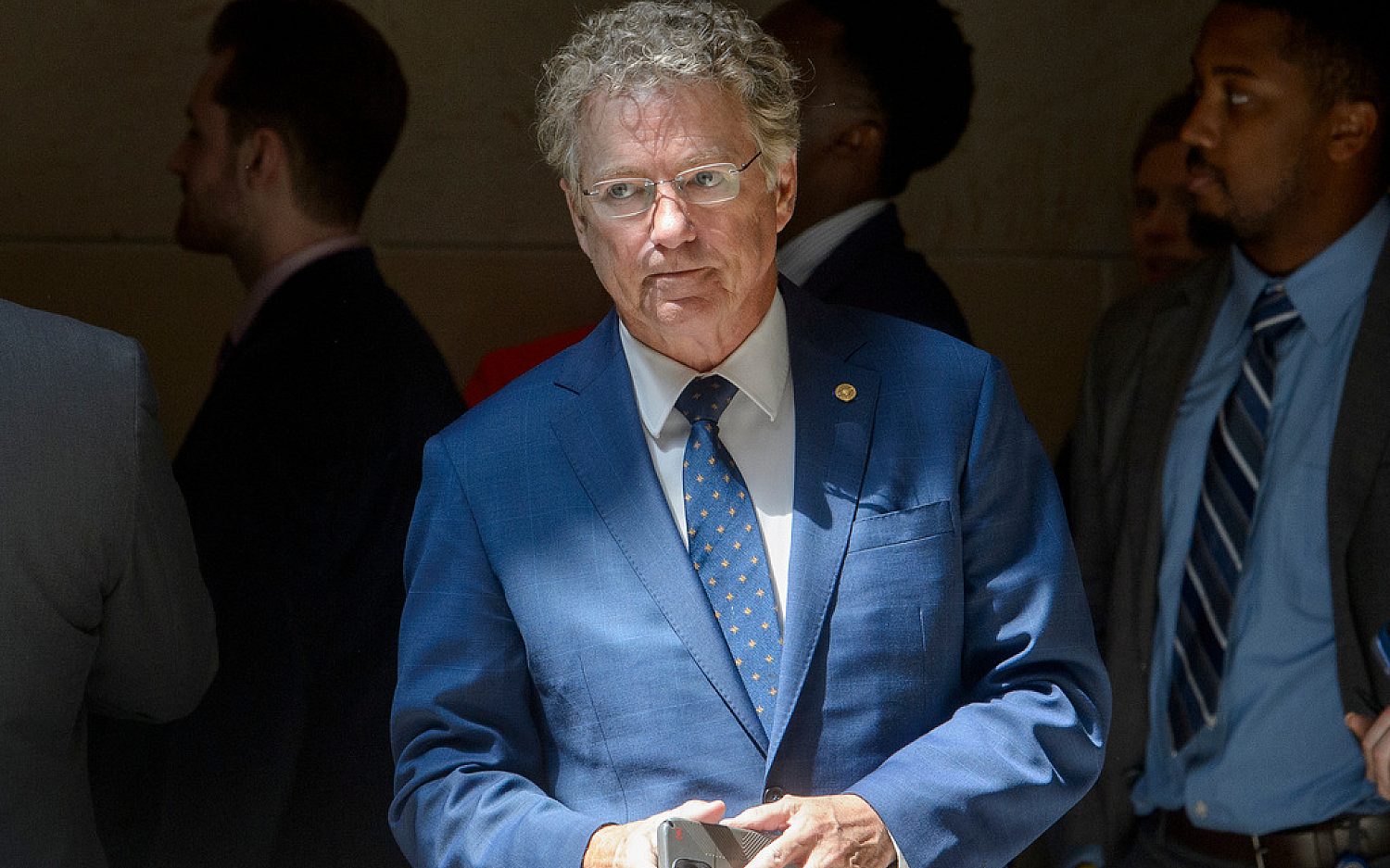Religious groups: Don't dismantle USCIRF
International advocates back Sen. Marco Rubio’s reauthorization bill and insist the United States needs a strong, independent voice for religious liberty
WASHINGTON—A coalition of international religious freedom groups is urging the Senate to approve a six-year reauthorization for the United States Commission on International Religious Freedom (USCIRF) and reject attempts to cripple the organization.
Eighty-six partners of the International Religious Freedom Roundtable this week delivered a letter to the top Republican and Democrat on the Senate Foreign Relations Committee, which currently is weighing two drastically different visions for USCIRF. The letter noted the authors agree on “very little” theologically, but they agree religious freedom strengthens cultures, stabilizes democracies, and is “the ultimate counter-terrorism weapon.”
“The most effective way to ensure the continuity of USCIRF’s essential mandate to protect and promote religious freedom worldwide is for the Senate to pass, in a timely fashion, S. 1798,” the groups wrote to Sen. Bob Corker, R-Tenn., the Foreign Relations chairman, and Sen. Ben Cardin, D-Md., the ranking member.
Last month Sen. Marco Rubio, R-Fla., filed S. 1798, a reauthorization bill that would bolster USCIRF operations, allow it to designate non-state actors like ISIS and Boko Haram “countries of particular concern,” and mandate training for all foreign service officers.
The following week, Sen. Dick Durbin, D-Ill., the Senate’s No. 2 Democrat, unveiled a two-year reauthorization that would significantly alter USCIRF, including: make USCIRF subject to the Freedom of Information Act, remove the requirement of a bipartisan commission vote for staffing decisions, roll back commissioners’ information-gathering ability, and make USCIRF’s annual report a response to the State Department’s international religious freedom report—killing its advisory role. (Durbin removed his 2014 proposal that would have created partisan Republican and Democrat staffs for USCIRF.)
“Many of the USCIRF-related provisions in S. 1860 are deeply concerning and could potentially undermine USCIRF’s vital work,” the religious freedom advocates wrote.
Durbin’s bill also includes major refugee-related elements, but the advocacy organizations said it would be a mistake to mix them with USCIRF reauthorization: “Some of these provisions are part of an ongoing debate which is unlikely to be resolved prior to the rapidly approaching expiration of USCIRF’s current authorization.”
Greg Mitchell, co-chair of the International Religious Freedom Roundtable, said 86 signatures is the most in the coalition’s history. That number likely will grow since the letter will remain open for signatures until Sept. 8.
Congress created USCIRF in 1998 as an independent body that would offer the president, secretary of state, and Congress a candid assessment of global religious freedom conditions. Its authorization sunsets at the end of September, so the commission will shutter next month if Congress does not act in the 10 remaining legislative days before then.
Tara DiJulio, a Corker spokeswoman, declined to discuss negotiation specifics but said Corker’s staff is working on a long-term reauthorization: “Sen. Corker is committed to USCIRF remaining an effective, independent tool for our nation to defend religious liberties around the world.”
In some two dozen interviews conducted over the summer, those close to the negotiations told me they believe Durbin’s proposals threaten USCIRF’s existence. Durbin’s involvement has sparked controversy because his leading USCIRF aide, Joe Zogby, is the son of a current USCIRF commissioner, James Zogby, who does business with the Saudi Arabian government while simultaneously providing oversight.
Durbin partnered with Reps Keith Ellison, D-Minn., and David Cicilline, D-R.I., to get his legislation introduced in the House, but it has won no additional support. Earlier this year Reps. Chris Smith, R-N.J., and Anna Eshoo, D-Calif., introduced bipartisan legislation similar to Rubio’s, and it currently has 17 Democrat and 89 Republican cosponsors. Last year a similar bill passed the House unanimously but stalled in the Senate.
Last month, another bipartisan group of thought leaders urged Congress to pass the Smith-Eshoo bill and “develop a national strategy addressing the tragic global crisis in religious freedom.” The letter’s authors included former USCIRF commissioners Imam Talal Eid and Leonard Leo, former Sen. Joe Lieberman, Baylor University chancellor Ken Starr, former Clinton administration adviser William Galston, Washington archbishop Donald Wuerl, pastor Rick Warren, author Eric Metaxas, and Harvard Law School’s Alan Dershowitz and Mary Ann Glendon (who also is a current USCIRF commissioner).
“This is not a partisan or party issue,” wrote the leaders, who cited Pew Research findings that more than three-fourths of the world’s population live in countries where religious restrictions are severe. “Of all people, we Americans should be united in defending this human right.”
An actual newsletter worth subscribing to instead of just a collection of links. —Adam
Sign up to receive The Sift email newsletter each weekday morning for the latest headlines from WORLD’s breaking news team.





Please wait while we load the latest comments...
Comments
Please register, subscribe, or log in to comment on this article.